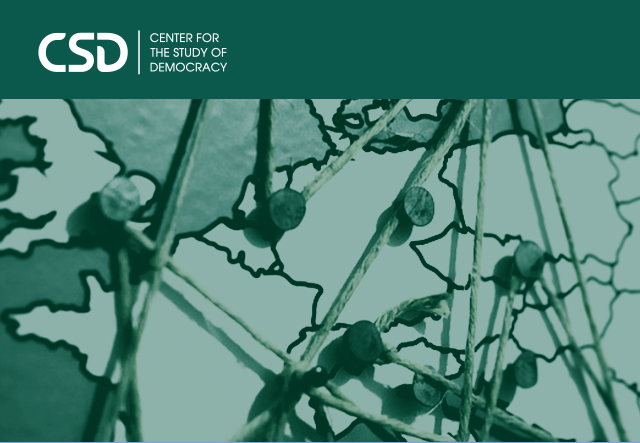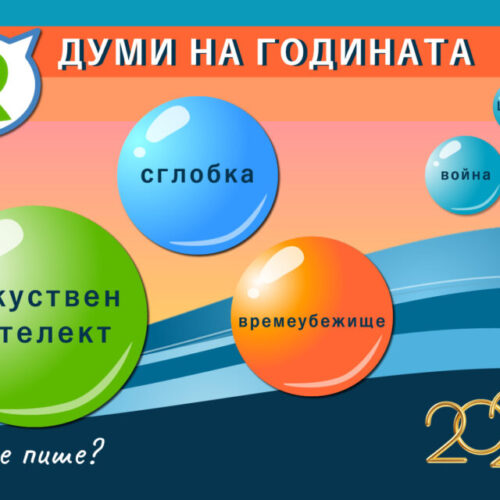The Center for the Study of Democracy (CSD), one of Sensika’s long-term partners published its latest research, supported by data provided by Sensika’s large database.
The main topic of investigation is the identification of patterns in the Kremlin’s anti-democratic disinformation messaging in Bulgaria, the Czech Republic, Germany, and Poland. The discussion on the similarities and differences in Russia’s disinformation in Europe started during a round table discussion hosted by the Center for the Study of Democracy in May 2019.
Sensika took part in the round table discussion and contributed to the current report with our proven track record in identifying disinformation and processing vast volumes of media content. Our solution helped CSD to track state-sponsored propaganda in Europe by monitoring four types of media outlets of differentiated political, economic, and ideological distance from (pro)Russian groups and interests. The media outlets were chosen by local media experts. Our solution made it possible for the authors of this research to perform automated diagnostics of the intensity of the spread of Russian disinformation narratives through an analysis of the number of articles and peaks in online content.
The disinformation resilience capacity of the four EU member states is additionally evaluated along three main levels: governance and policymaking; civil society action; participation in and contribution to international initiatives.
The study presents a policy agenda of multi-stakeholder action for protecting the EU’s democratic discourse and digital information ecosystem from Russian media influence activities. If you are curious to find out what more about it, check out the full report.



